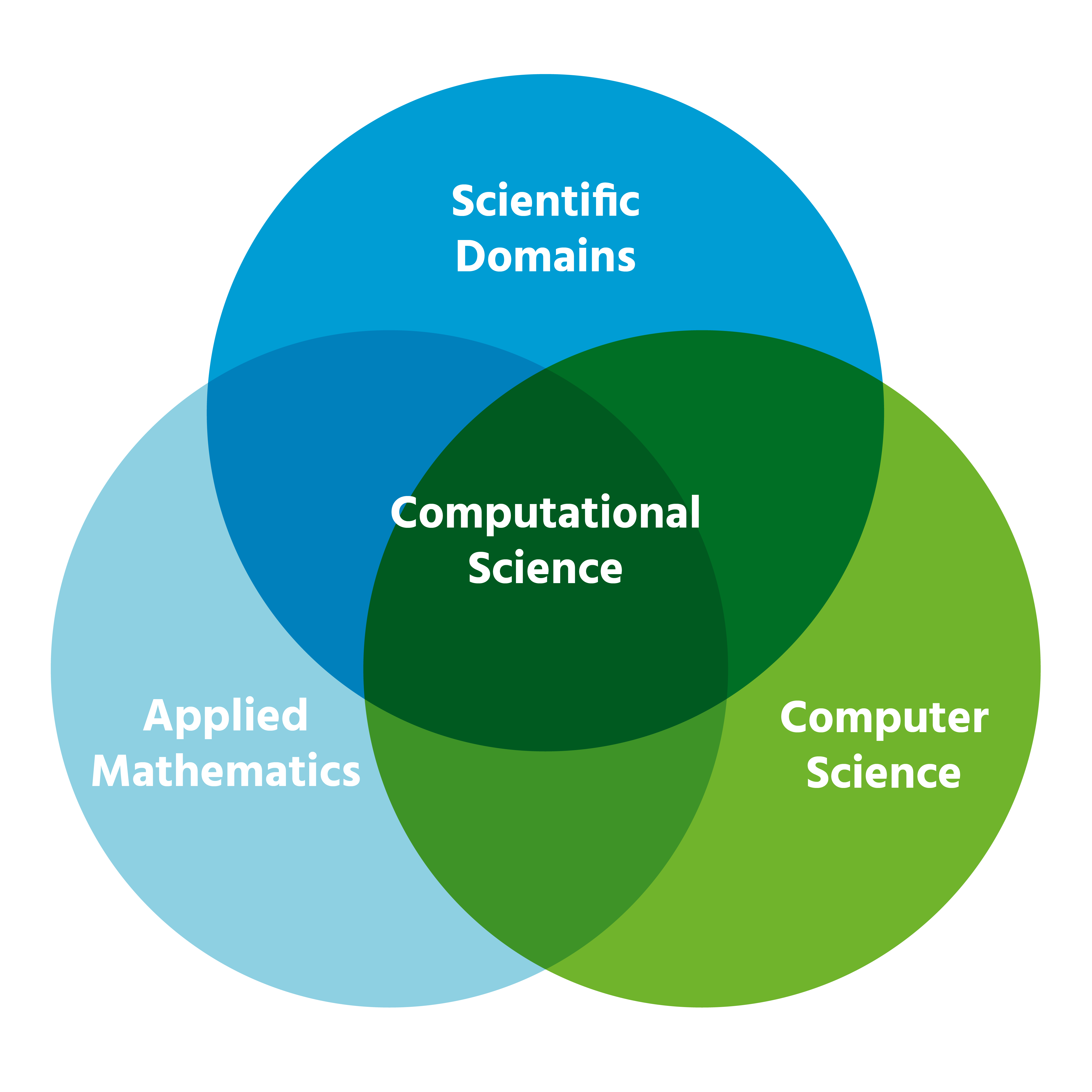Understanding RPA in Real Estate: Processes, Benefits, and How to Get Started
Introduction: RPA in Real Estate – More Than One Meaning
In the real estate industry, the acronym RPA can refer to two distinct concepts, each with significant importance depending on context. In California, RPA most commonly means the Residential Purchase Agreement , the legal contract at the heart of almost every home sale. Nationally and globally, RPA also stands for Robotic Process Automation , a rapidly growing technology transforming real estate business operations. This article explores both definitions in detail, providing practical guidance on their use and impact.

Source: nix-united.com
Section 1: RPA as Residential Purchase Agreement (California Real Estate)
What is the Residential Purchase Agreement?
The California Residential Purchase Agreement (RPA) is the standard legal contract used when buying or selling residential real estate in California. It serves as the formal offer from buyer to seller and, when accepted, becomes a binding contract outlining all critical terms of the transaction. These terms include the purchase price, property details, contingencies, deposit information, and the responsibilities of both parties during escrow [1] .
Key Elements of the RPA
- Property Identification: Full legal description and address.
- Parties Involved: Names of buyer(s) and seller(s).
- Purchase Price and Deposit: Offer amount and details on earnest money deposit.
- Contingencies: Conditions such as financing, appraisal, and inspections that must be met before closing.
- Timelines: Deadlines for performance, inspections, loan approval, and closing.
- Disclosures and Addenda: Required legal disclosures and any additional terms.
How the RPA Works in Practice
When a buyer is ready to make an offer, their agent will complete the RPA form and present it to the seller. The seller can accept, reject, or counter the offer. When both parties agree and sign, the document is legally binding. The RPA then governs the entire transaction process, serving as the roadmap for escrow and closing [1] .
Practical Steps for Buyers and Sellers
- Buyers: Work with a licensed real estate agent familiar with California contracts. Review each section of the RPA with your agent and ask questions about contingencies, timelines, and obligations. Make sure you understand the earnest money deposit, as it is held in escrow and applies toward your purchase if the sale closes.
- Sellers: Carefully review all offers and consult with your agent or real estate attorney before signing. Ensure all required disclosures are attached and timelines are realistic for your needs.
If you are unsure about any part of the RPA process, you can consult the California Association of Realtors (CAR) or speak with a qualified real estate attorney. To locate the official RPA form or guidance, search for “California Association of Realtors Residential Purchase Agreement” on their official website or ask your agent.
Challenges and Solutions
Complexity and legal jargon in the RPA can confuse many first-time buyers and sellers. It is recommended to review the document line by line with your agent and request clarification for any unclear terms. For transactions involving unique properties or non-standard terms, consider legal review to avoid future disputes.
Section 2: RPA as Robotic Process Automation in Real Estate
What is Robotic Process Automation?
Outside of California contracts, Robotic Process Automation (RPA) is a technology that uses software robots (bots) to automate repetitive, rule-based tasks across business operations. In real estate, RPA enables companies and professionals to streamline processes such as data entry, document management, responding to customer inquiries, and updating property listings [2] [3] .
Key Benefits of RPA in Real Estate
- Increased Efficiency: Bots can complete repetitive tasks significantly faster and without human error, freeing staff to focus on high-value activities [2] .
- Cost Savings: Automating manual processes reduces labor costs and increases profitability.
- Accuracy and Compliance: RPA minimizes human error in data entry and ensures compliance with regulatory requirements.
- Remote Access and Flexibility: Agents and managers can access automated systems from any location, enabling remote work and global reach [3] .
Practical Use Cases and Examples
- Property Listings: Bots can automatically update MLS listings, synchronize data across platforms, and alert teams of changes.
- Document Management: Automate collection, storage, and retrieval of contracts, disclosures, and compliance documents.
- Lead Management: RPA can sort incoming leads, assign them to agents, and send automated follow-up emails.
- Accounting and Finance: Bots handle invoice processing, rent collection tracking, and financial reporting.
- Customer Service: Automate responses to common inquiries and route complex issues to the right staff.
For example, a real estate firm might use RPA to process hundreds of rental applications by extracting applicant data, performing background checks, and updating internal databases without staff intervention.
How to Get Started with RPA in Your Real Estate Business
- Identify Repetitive Processes: List tasks that are rules-based and time-consuming.
- Evaluate RPA Vendors: Research established RPA solution providers and compare features, pricing, and support. Look for customer testimonials and case studies.
- Pilot a Project: Select one process, automate it, and measure the impact before scaling up.
- Train Staff: Ensure your team understands how to use RPA tools and can handle exceptions or escalate complex issues.
- Monitor and Optimize: Continuously review automated processes for improvements and compliance.
To find RPA vendors, you can search for “Robotic Process Automation real estate solutions” and review offerings on business technology review platforms. For a deeper understanding of RPA implementation, consult technology consulting firms specializing in real estate automation.
Potential Challenges and How to Address Them
Implementing RPA can be challenging due to integration with legacy systems, initial setup costs, and change management among staff. Overcome these by:
- Starting with simple, high-impact tasks before scaling up.
- Engaging IT consultants familiar with both real estate and automation.
- Providing clear training and communication to reduce resistance.
It is wise to regularly review automated workflows for compliance and accuracy, especially given the evolving regulatory landscape in real estate.
Section 3: RPA as a Professional Designation
In commercial real estate management, RPA may also refer to the Real Property Administrator designation. This credential, awarded by BOMI International, signifies expertise in property operations, risk management, finance, and ethical standards [4] .
What Does the RPA Designation Involve?
To earn the RPA designation, candidates must complete advanced coursework in areas such as law, budgeting, environmental health, and real estate finance, and have several years of experience managing commercial properties. The program is recognized throughout the industry as a mark of professionalism and advanced knowledge [4] .

Source: bright-curve.com
How to Pursue the RPA Designation
Interested professionals should visit the official Building Owners and Managers Institute (BOMI) International website and search for “RPA program” for enrollment steps, course requirements, and exam information. Many employers in commercial real estate value or require this credential for property management roles.
Conclusion: Applying RPA in Your Real Estate Journey
Whether you encounter RPA as the Residential Purchase Agreement in California, as Robotic Process Automation technology, or as the Real Property Administrator designation, understanding the context is key to leveraging its benefits. If you are buying or selling in California, work closely with your agent to review and negotiate the RPA contract. For businesses seeking operational efficiency, explore RPA solutions to automate and streamline repetitive processes. For commercial property professionals, consider advancing your career through the RPA designation.
If you are looking for specific forms, legal documents, or certification programs, always seek them through official industry associations, technology providers, or government agencies. When in doubt, consult with a licensed professional or search for the official organization related to your needs.
References
MORE FROM searchhole.com













